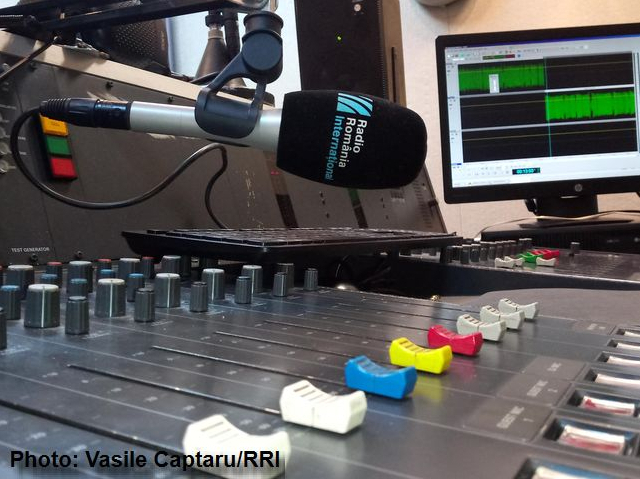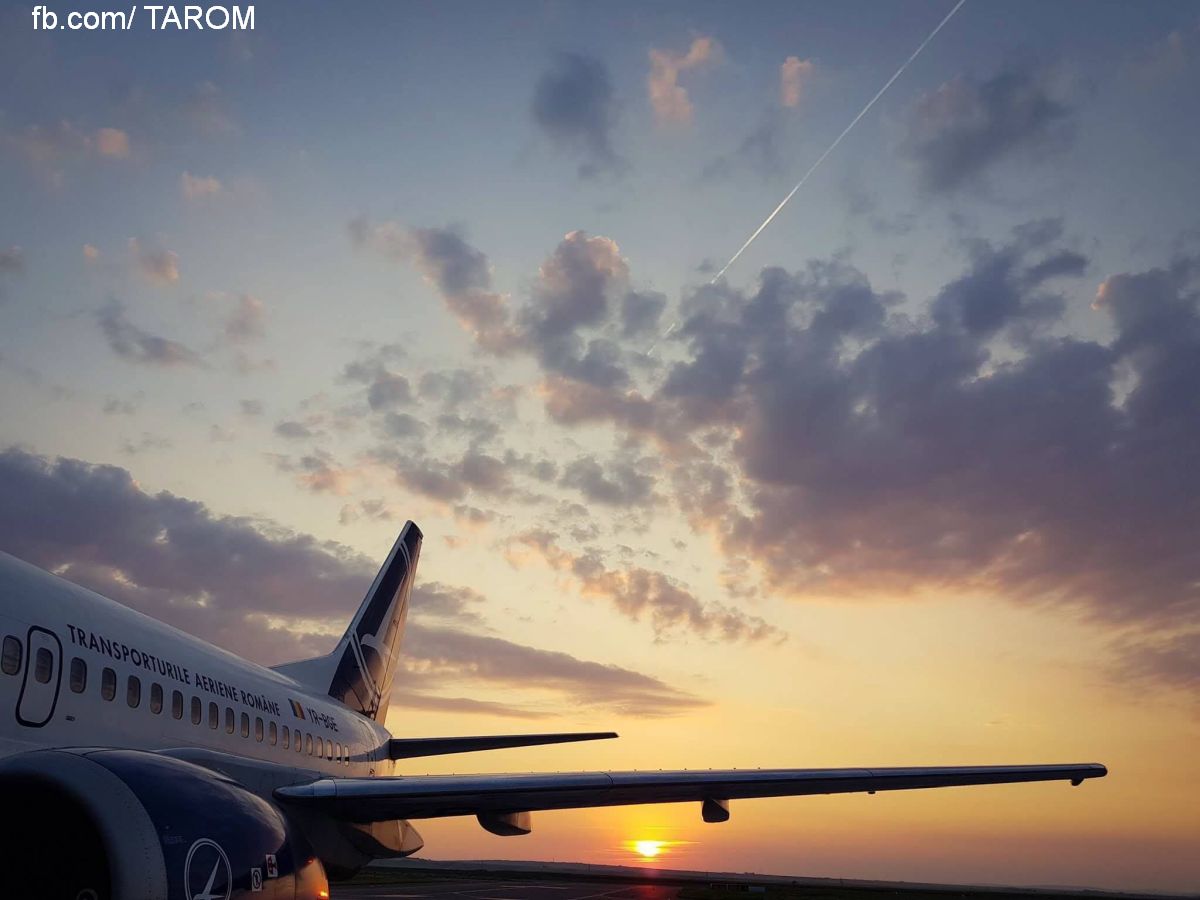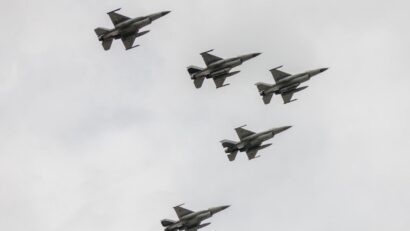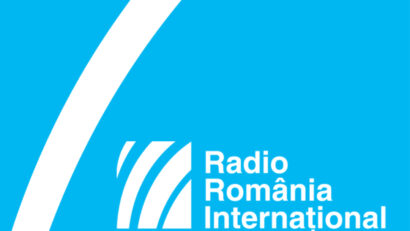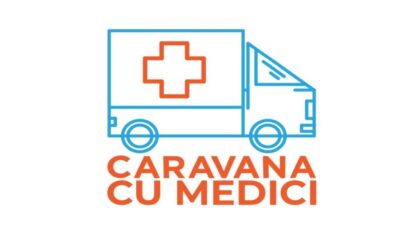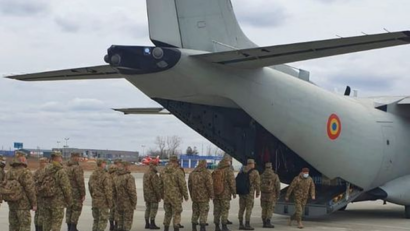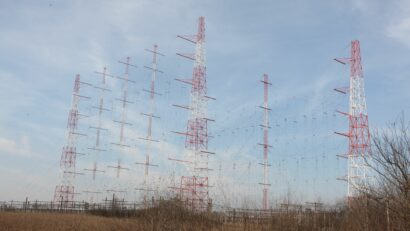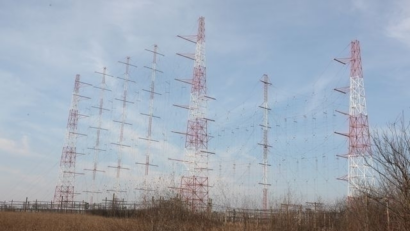This site uses cookies to provide you with the best user experience. Cookie information is stored in your browser and is used to recognize you when you return to our site and to help our team understand which sections of the site you find most interesting and useful.
Essential cookies should be enabled at all times, so that we can save your settings for cookie settings.
If you disable these cookies, we will not be able to save your preferences. This means that every time you visit our website you will have to enable or disable the cookies again.
This website uses Google Analytics to collect anonymous information such as the number of visitors to the site, and the most popular pages.
Keeping this cookie enabled helps us to improve our website.
Please enable essential cookies first so that we can save your preferences!
This site uses the following additional cookies:
(show here the cookies you use on the website.)
Please enable essential cookies first so that we can save your preferences!
More information about our Cookie Policy

